Exact Answer: 1 minute
Medical complications are common everywhere even if the medical procedures are successful. When someone is diagnosed with any sort of health issue or illness, sometimes they can be treated without any operations. Sometimes they would need surgery. Every time someone goes through a medical complication, there will always be some sort of before and after-effects.
Some effects can be diagnosed using tests, while some can be confirmed just by noticing the symptoms. Some symptoms can be really easy to notice and understand while some are very hard to know.
There are a few effects that can occur anytime, before and after treating the illness. Some effects, on the other hand, can occur without being diagnosed with a medical illness. One of them is vertigo which can happen anywhere, anytime to any person. There can be certain medical issues related to the onset of vertigo or not, but they all have the same symptoms and treatments.
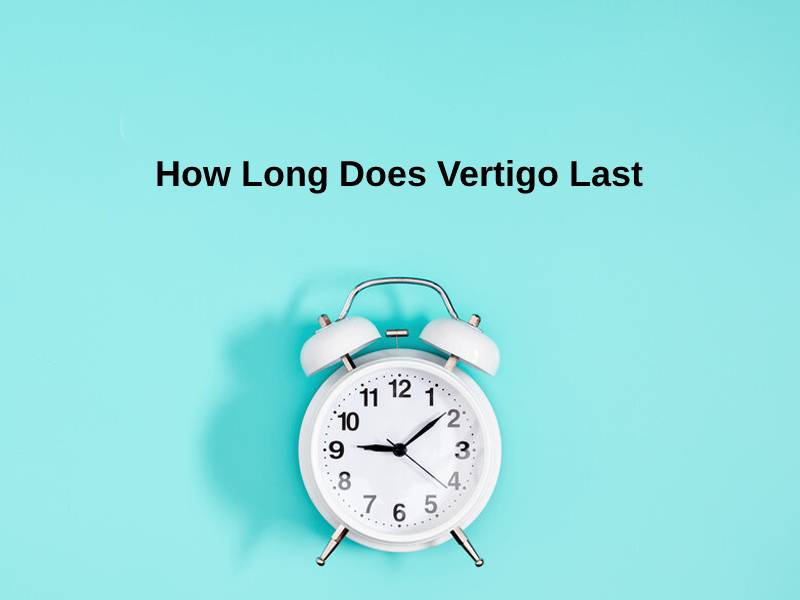
How Long Does Vertigo Last?
| Causes | Time |
| Meniere’s disease | 1 day |
| Benign paroxysmal positional vertigo (BPPV) | 2 weeks |
Vertigo is actually a temporary sensation that makes someone experience a spinning and tilting sensation suddenly. It can be really scary when that happens. There are different types of vertigo that can affect a person. the basic two types include peripheral vertigo and central vertigo. Peripheral vertigo occurs when one has inner ear problems and central vertigo happens when one has health issues in their central nervous system.
Every episode of vertigo lasts from seconds to a minute. There are multiple other reasons why a person gets vertigo. The most common disorder that causes vertigo is BPPV, medically known as Benign Paroxysmal Positional Vertigo. This vertigo occurs when calcium carbonate crystals in the inner ear loosen up and get into a different part of the ear canal.

The sensation and effects of vertigo only last for a minute or so. Sometimes, for other health conditions, they can last for hours, and even weeks at times.
At times like these, one shouldn’t change their head position multiple times. It can intensify nausea. Besides nervous and ear problems, certain other problems can produce the risk of vertigo. One can have a head injury, get indulged in alcohol, or be on antiseizure medications. It can happen to anyone at any age, but women over the age of 65 are more at risk.
One other illness that causes vertigo is Meniere’s disease, and people over 40 to 60 years of age are more susceptible to the disease more than others.
Why Does Vertigo Last That Long?
The basic symptoms of vertigo are the feeling of tilting or spinning. One can also feel nauseous, light-headed, and have headaches. Vertigo itself isn’t dangerous, but the people who experience them can have issues with balance. When one has vertigo attacks often, they will have complications and fear in completing everyday activities like bathing and dressing.
One needs to find the right health care provider if they ever feel like they are experiencing vertigo. Some people ignore vertigo thinking the symptoms are just normal dizziness and spinning. There are many treatments to treat and cure vertigo. Normally an episode of vertigo just lasts for few minutes. They can even last for hours and weeks. When they last more than that, there are treatments other than medicines.

Medical experts prescribe anti-nausea drugs to control dizziness. There is a treatment called Epley Maneuver which can treat vertigo caused by BPPV. It is quick and after several treatments, vertigo will stop after a while. Using a cane or any sort of walking device can easily help one walk.
Conclusion
BPPV is the greatest cause of vertigo. Hence it is better if one experiences vertigo, it is better to check if they have BPPV. For Meniere’s Disease, vertigo can last from 20 minutes to even a day. On the other hand, for BPPV, vertigo can last for a week or even longer.
If one experiences abnormal movements, altered level of consciousness, difficulty walking, double vision, weakness, abnormal eye movements, lack of coordination, and weakness in arms and legs, it is time to get diagnosed and get medical treatment. Even ringing in the ears and hearing loss can be a symptom of vertigo.





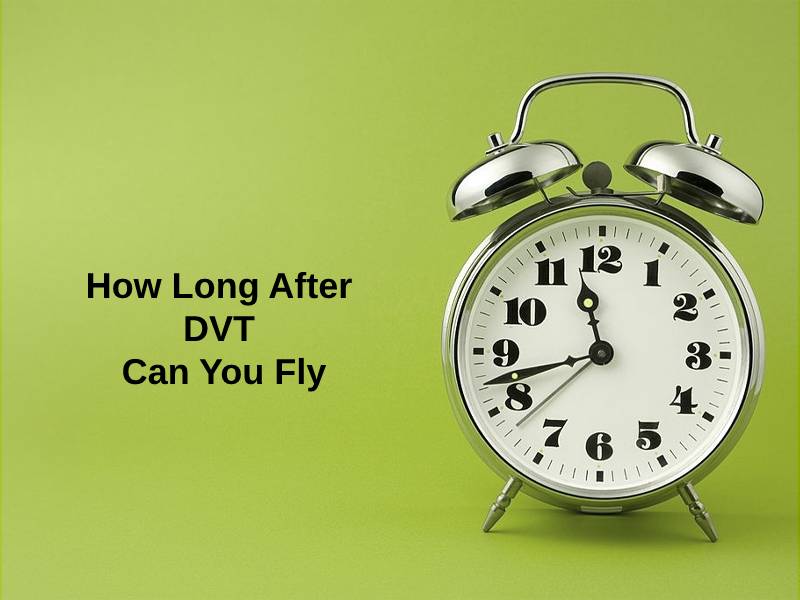
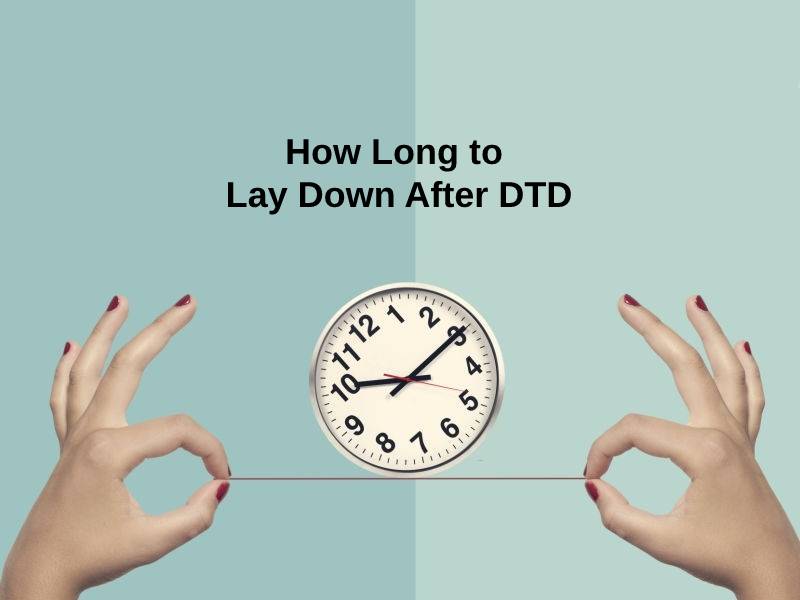
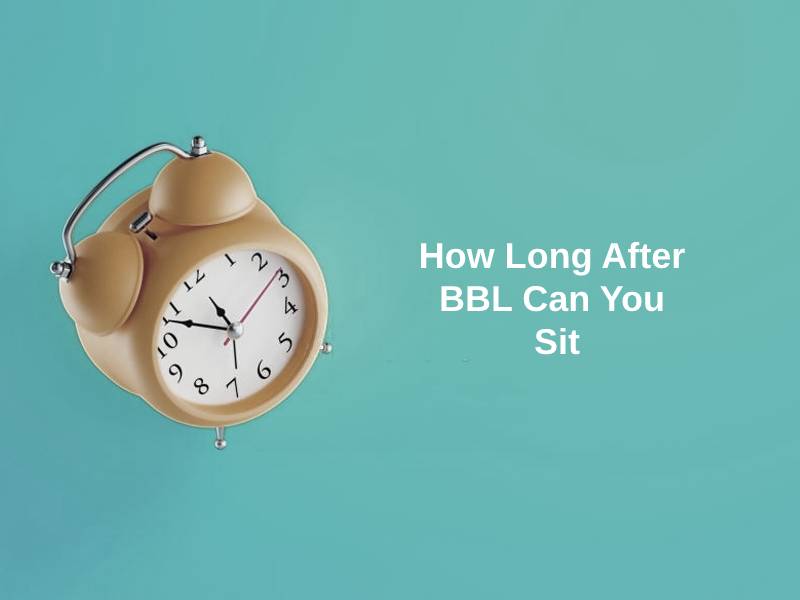
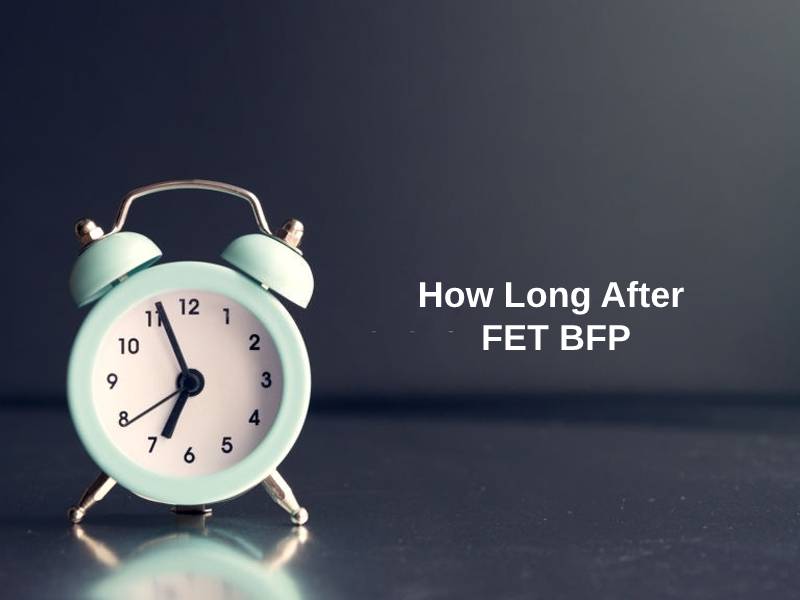
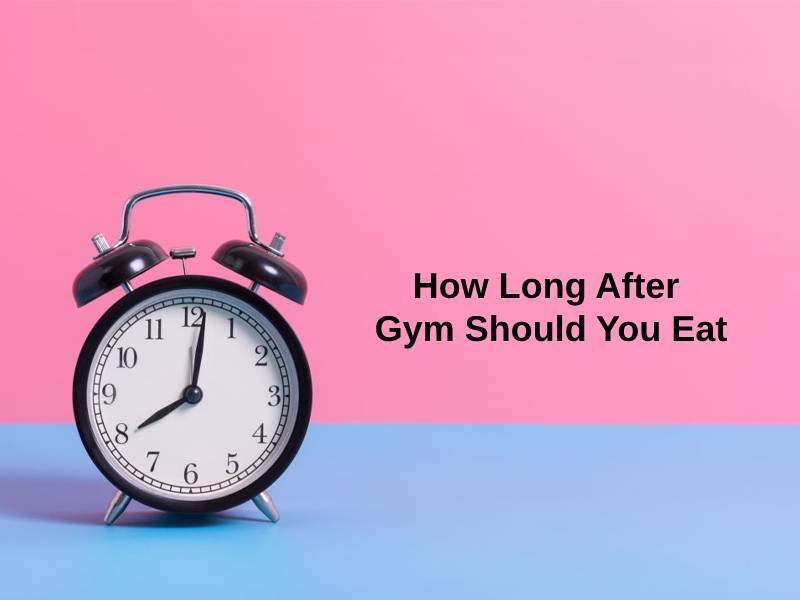
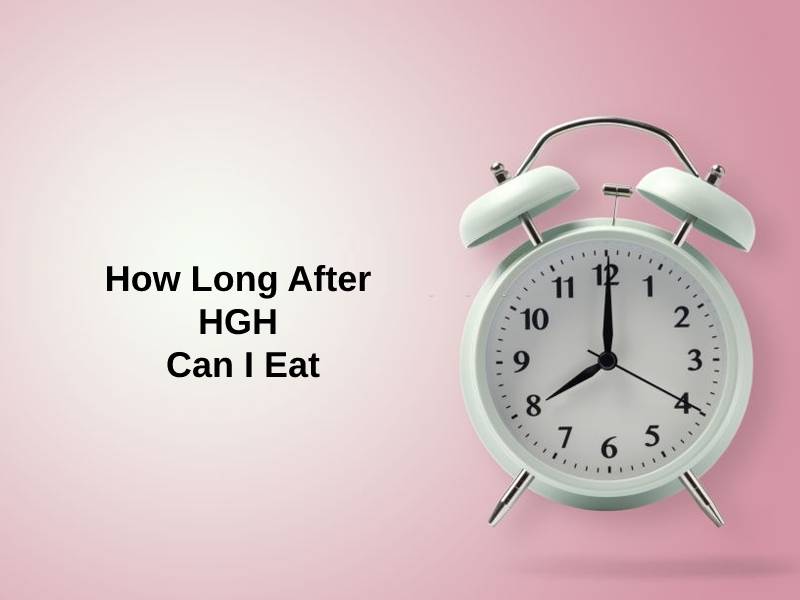
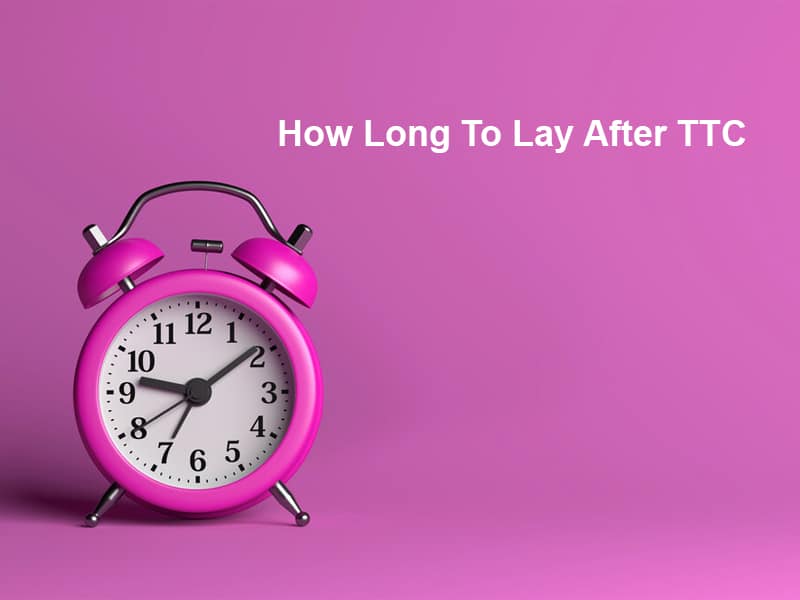

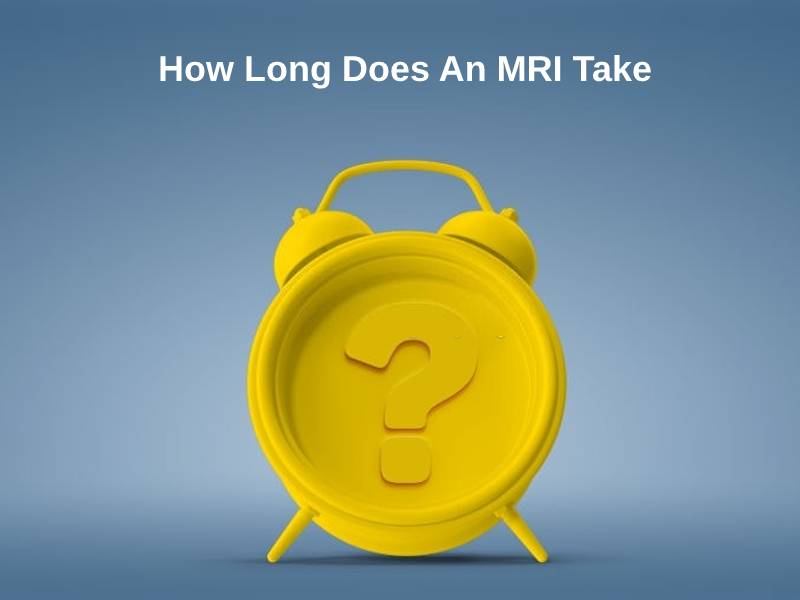
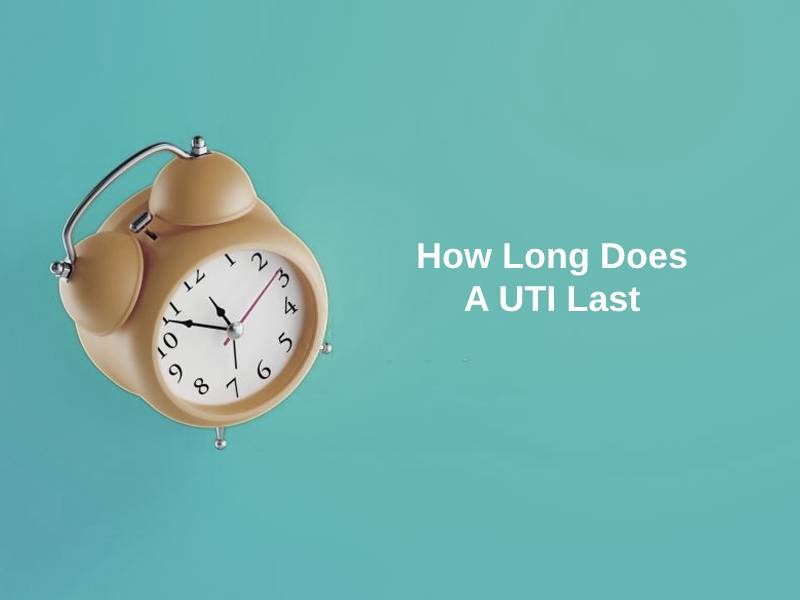
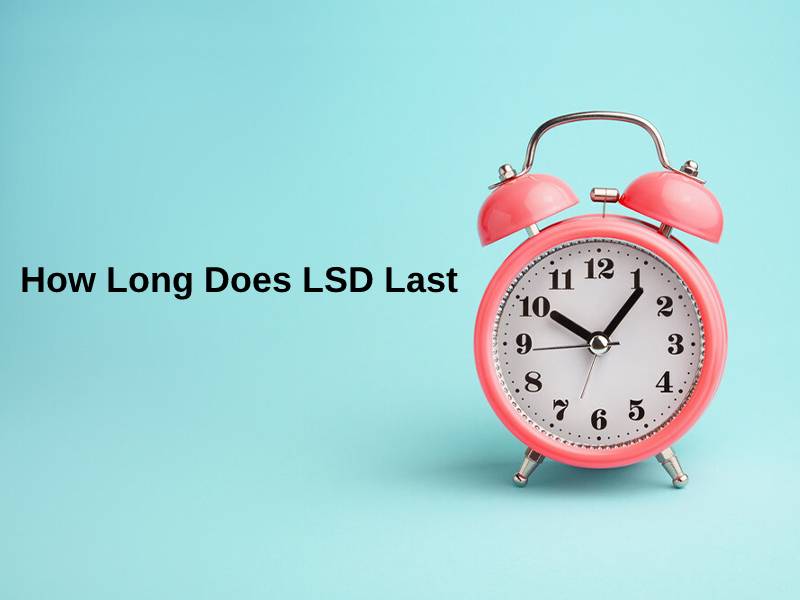
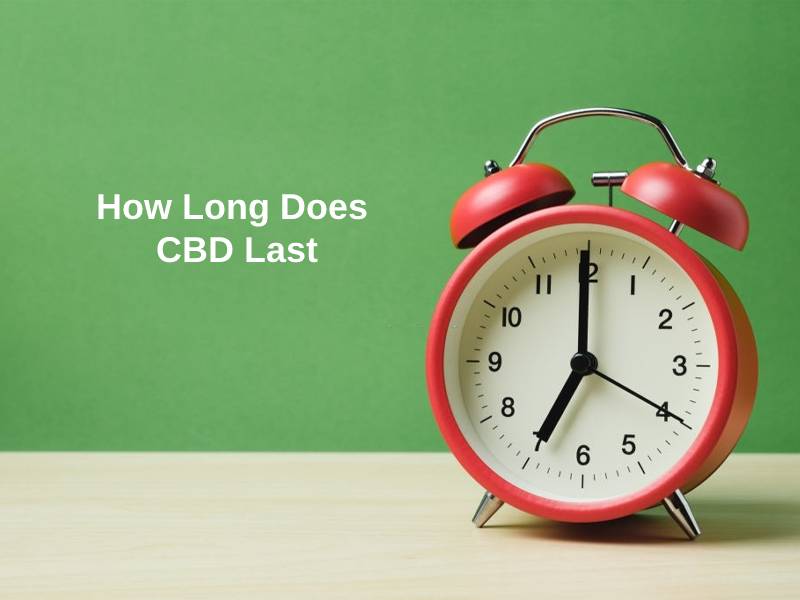

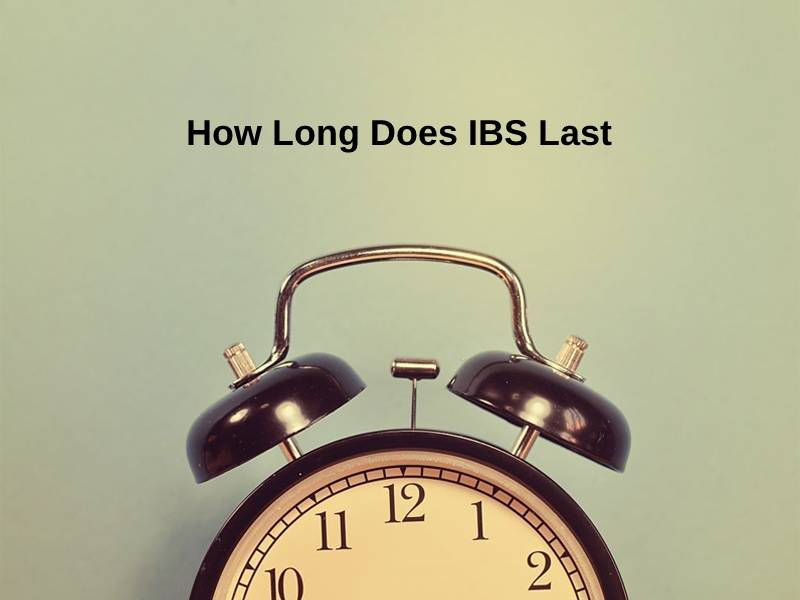
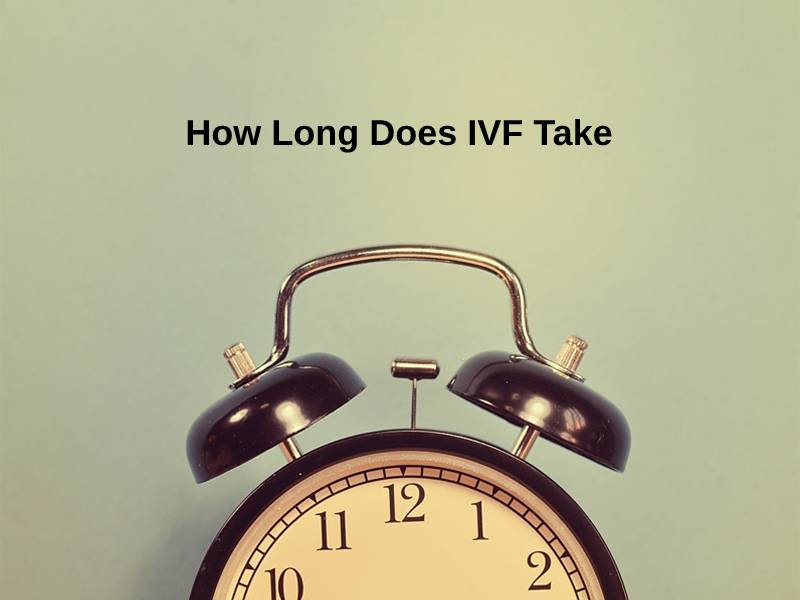

Great reference links! I’m glad to see this article is based on scientific sources and not just speculation.
This article is really helping to ease my fears about vertigo. I can’t believe I didn’t know so much about it before.
I’m really thankful for the list of symptoms, this way I can know if I need to seek medical attention or not.
It’s interesting how long vertigo episodes can last. I never knew that it could happen as a result of taking medication or drinking alcohol.
The different types of vertigo are so interesting. I’m glad I now know more about the symptoms and causes.
Vertigo can be so debilitating! I’m glad to know that there are treatments available to help manage it.
This article is very informative! I’ve always wondered why vertigo happens and now I know. It’s really interesting that we only have to worry if I experience an episode that lasts more than a minute.
Yes, I’m glad they mentioned that it’s not dangerous in and of itself. It helps to recognize the symptoms so we can get treatment quickly if it becomes more frequent.
The conclusion is very helpful. I’m sharing this article with my friends and family just in case they need it too.
I think I’ll check out the Epley Maneuver to see if that can help me with my BPPV. Thanks for the insights!
I never knew that BPPV was the greatest cause of vertigo. This article has been eye-opening.